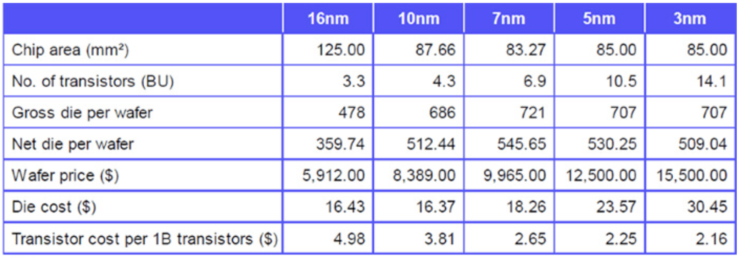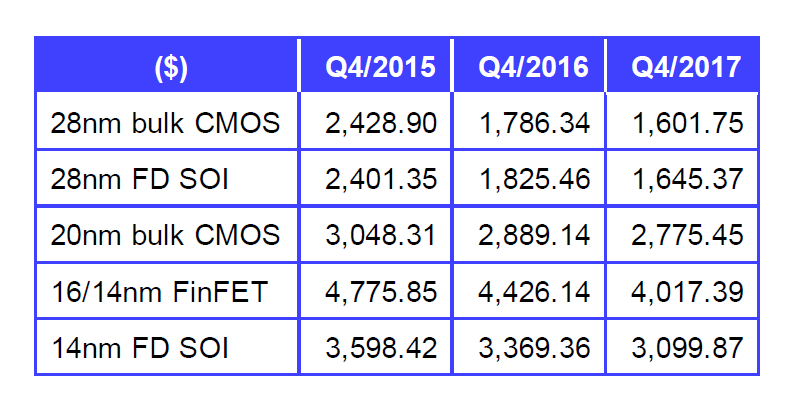7nm costs 2X as much as 14nm and....
2700X
The 7nm part is smaller, and the cost of 14nm today is something like 30% of the cost when 14nm was new and in heavy demand. There is a reason why TSMC has far less 7nm volume but it's already responsible for a very large part of the revenue. New nodes have higher demand which brings with it higher cost, old node costs reduce massively. Yield's are good on both.
As for needing 2 dies, incorrect, it's 2 dies only for a 12 or 16 core, an 8 core using a single 7nm die that at 75mm^2 is only a little over 1/3rd the the size of a 2700x, and a larger, but also vastly cost reduced, less complex, higher yield I/O die. Together a 7nm chiplet + 14nm I/O die should cost considerably less than a full 2700x die.
A 3950x package might cost more, but not drastically and certainly not 3 times more.
But again you're talking total cost. Realise that production is part of the cost, a 2700x die might only cost $20, and lets pretend that a 3950x is just double the transistors, same die size on a node that costs twice as much per mm^2, then it would cost $40 per chip, meaning you could add $20 to the actual price to cover the increased production cost.
Lets say a 2700x costs $20 per die, and another $20 in shipping, packaging, etc. So $40 to $200 in a store, that's a 5x mark up. Now lets say the 3950x costs $40 per die, packaging costs increase but not double, marginal and shipping costs barely change meaning lets call it $30, so $70 total, but the chip is $750, so over a 10x mark up. If you just added the $30 difference and made it a $230 chip, AMD would make the same actual profit per chip.
Now tape out and R&D costs more on 7nm but not THAT much more. This is a huge increase in margins, the actual cost in production is absolutely in no way remotely close to justifying the extra costs. Like I said, a 8 core that instead of costing half, cost 20-30% less, and a 12 core that was somewhere near 2700x launch pricing, and a 16 core at 1800x pricing, that seems like fair pricing. Nothing you're talking about justifies going from $250 8 cores to $750 16 cores.






 But the 7nm chiplet is only 75 sq.mm, while Ryzen 7 2700X is 213 sq.mm. There is a difference, right?
But the 7nm chiplet is only 75 sq.mm, while Ryzen 7 2700X is 213 sq.mm. There is a difference, right?
